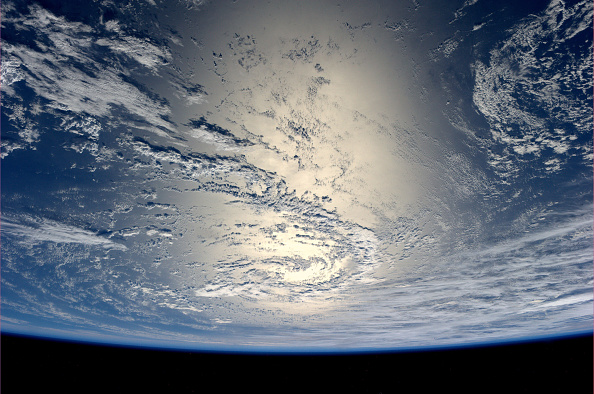Astrobiologists have a new theory for why we haven't found aliens: They're all extinct


A free daily email with the biggest news stories of the day – and the best features from TheWeek.com
You are now subscribed
Your newsletter sign-up was successful
Astrobiologists from the Australian National University Research School of Earth Sciences suggest that the reason why we haven't encountered alien life is because all the aliens are extinct, the university reported Thursday. In studying how life might develop on other planets, the scientists realized that early critters likely had a hard time quickly evolving to their heating or cooling planets and did not survive.
"Early life is fragile, so we believe it rarely evolves quickly enough to survive. Most early planetary environments are unstable. To produce a habitable planet, life forms need to regulate greenhouse gases such as water and carbon dioxide to keep surface temperatures stable," Dr. Aditya Chopra said in the paper publishing the astrobiologists' findings.
"Life on Earth probably played a leading role in stabilizing the planet's climate," co-author Associate Professor Charley Lineweaver said.
The Week
Escape your echo chamber. Get the facts behind the news, plus analysis from multiple perspectives.

Sign up for The Week's Free Newsletters
From our morning news briefing to a weekly Good News Newsletter, get the best of The Week delivered directly to your inbox.
From our morning news briefing to a weekly Good News Newsletter, get the best of The Week delivered directly to your inbox.
The paradox of astrobiology is that many planets likely check all the boxes for being habitable for life, but we have yet to discover any. The researchers have named their solution to this paradox the "Gaian Bottleneck." "One intriguing prediction of the Gaian Bottleneck model is that the vast majority of fossils in the universe will be from extinct microbial life, not from multicellular species such as dinosaurs or humanoids that take billions of years to evolve," Lineweaver said.
A free daily email with the biggest news stories of the day – and the best features from TheWeek.com
Jeva Lange was the executive editor at TheWeek.com. She formerly served as The Week's deputy editor and culture critic. She is also a contributor to Screen Slate, and her writing has appeared in The New York Daily News, The Awl, Vice, and Gothamist, among other publications. Jeva lives in New York City. Follow her on Twitter.
